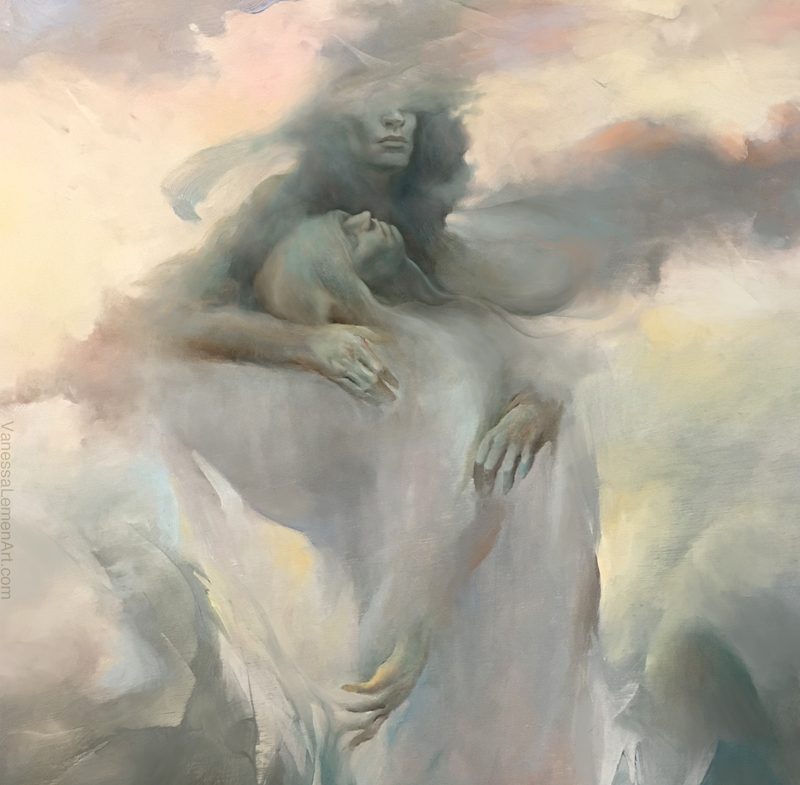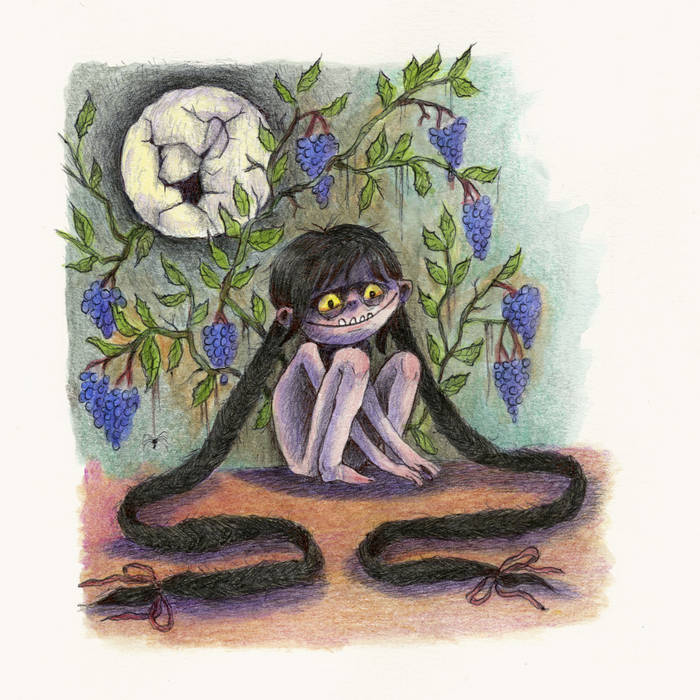Who doesn’t love February? It is a wonderful month of downpours, the weathery and romantic kinds. The air of Valentine’s Day nearly shrouds us from the cold, so much so that, year after year, I find myself shocked at the frigid February weather. During this month’s great floods, I sat down with Ursula K. Le Guin’s “The Left Hand of Darkness,” a book set on Gethen, a planet of eternal winter. It is on this icy desert that she conducts and immortalizes what she calls a “thought experiment” but is actually also a love story. It is told in a series of personal accounts, scientific reports, and Gethenian folktales that depict the endless struggle of a life lived in brutal cold.
We follow Genly Ai, an envoy for the interplanetary trade organization called the Ekumen, whose mission is to align the multitude of human nations scattered across the stars. When he arrives on Gethen, the two prominent nations of Karhide and Orgoreyn are seemingly on the brink of war; however, this conflict is not official or even mobilized. War, as a concept or event, does not exist on Gethen for several possible reasons that Le Guin explores throughout the novel.
What propelled this story far beyond anything of its time was its shameless exploration of sex and gender. The inhabitants of Gethen are human and, yet, far from human. For most of their lives, they exist and function as genderless beings, although this doesn’t quite describe their nature in full. Every 22 days, Gethenians enter “kemmer,” a period of sexual rebirth during which they can mate. The process of finding a partner in kemmer triggers the release of sexual hormones in each person so that one develops into a male and the other into a female. There is no way to predict which sex one becomes; a Gethenian could be male one cycle and become pregnant as a female in the next. Interestingly, there is no retention of physical or mental manifestations of hormonal changes once one exits kemmer. This push and pull of sexual desire and purpose profoundly shape social norms and personal beliefs within Genthenian society. Le Guin goes so far as to suggest that the lack of sexual drive within their daily lives is a cause of Gethen’s overall tendency towards pacifism.
We initially take on the intriguing yet small-minded perspective of Genly, who is wary of every Gethenian as they defy his conceptions of gender. He is received in Karhide and sponsored by its shrewd prime minister, Therem Harth rem ir Estraven, whom he distrusts. Genly can’t help but try to gender Estraven’s actions and personality and even becomes frustrated whenever Estraven exudes “feminine” qualities. Estraven often acts and pulls strings in his favor, but Genly, ignorant of the Gethenian ways, misinterprets his discretion as duplicity. Only after surviving a harrowing journey together does Genly realize their commonality and recognize Estraven not only for his integrity and compassion but also for who he is among and beyond his human/alien peoples. Their love for each other as people ultimately paves the way for Genly’s understanding and acceptance of Gethen as it is.
A fascinating element of the Gethenian society that I feel Le Guin does not fully flesh out is the ubiquitous value of shifgrethor, roughly translated as “personal pride.” Everyone possesses shifgrethor, but Gethen’s rulers hold its highest form. It is a core social custom to acknowledge and never offend another’s shifgrethor; one must always assume their companion’s competence in any subject at hand and in conversation. Le Guin points to how Gethen’s strict observance of this respect for the individual unknowingly rejects the mob mentality in its different forms such as nationalism. When considering Gethenian customs and politics hypothetically, it’s not so difficult to place shifgrethor in the equation, but while reading, I thought that its subtleties were lost in most conversations and scenes. The sheer weight of this concept did not trickle down or translate into normal Gethenian experiences as I had expected it to.
While I enjoyed the fluidity of Le Guin’s writing and the expansiveness of thought, for me, this novel was far from perfect. The things I savored and took away from this book, which was primarily character development, came in the last five chapters or so. While reading, I found myself questioning the believability of the erasure of gender roles within the story itself. My doubts didn’t stem from the idea of a gender-fluid character but instead how Le Guin chose to write about them. In Genly’s personal accounts, which comprise most of the story, he refers to every Gethenian as “he,” which reflects his own confusion with their sexual reality and confused me as well.
“The Left Hand of Darkness” is rightfully a science fiction classic and more than deserving of the attention and praise it receives. Among many other themes, Le Guin speculates about the societal and personal implications of sexual duality in distinctly poetic ways. Take this Gethenian proverb, for example: “Light is the left hand of darkness and darkness the right hand of light. Two are one, life and death, lying together like lovers in kemmer, like hands joined together, like the end and the way.” What ties together sexuality, religion, politics, and survival on Gethen is the beautiful work of opposites, knowing when to push forward and when to pull back. Without death, life is not truly lived, and without torrential February rains, our San Diego sun doesn’t rise again in radiance.
Rating: 3.5/5 stars
Image courtesy of Vanessa Lemen









